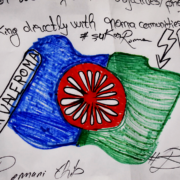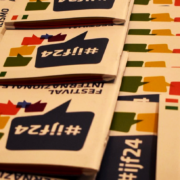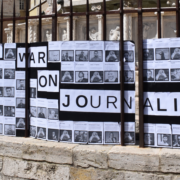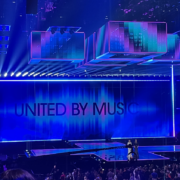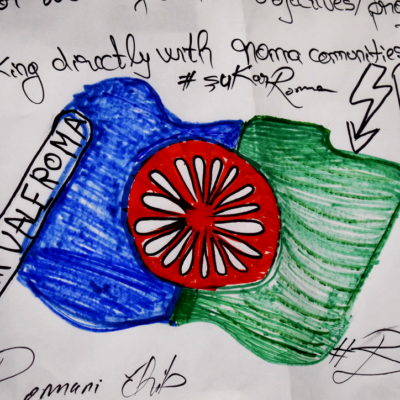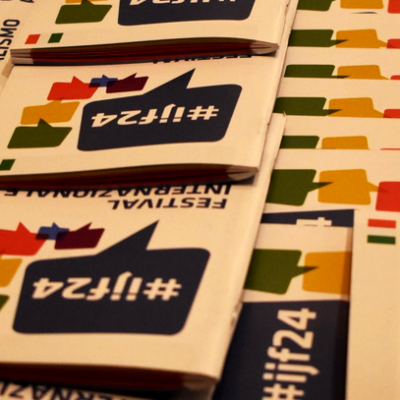By Emir Burak
Turkey is once again in the spotlight due to press freedom issues. The country balances between managing an increasing political pressure and ongoing refugee crisis while trying for more cooperation with the EU.
Under 13-year AKP rule (Erdogan’s Justice and Development party), Turkey met the concept of ‘New Turkey’, promising change from the country’s old ways. However, the current politics show little change. The recent attacks on journalists prove this reality. Cumhuriyet Daily’s editor Can Dundar and Ankara Bureau chief Erdem Gul were accused of terrorism, espionage, and releasing state secrets for publishing a story of allegedly MIT (Turkish Intelligence Agency) trucks carrying weapons to Syria in January 2014.
It’s still unknown, who received the weapons since the court cases surrounding the issue, including Can Dundar’s and Erdem Gul’s, have become state secret. The journalists were sentenced to seven years in prison, reduced to five years and 10 months, on the charges of revealing state secrets. They were acquitted on espionage and terrorism charges.
Media companies are also under threat. In March 2015, the Istanbul court ruled that Zaman, the country’s popular newspaper with nearly 1 million daily copies sold, supported an alleged terrorist organization, Fettullah Gulen, led by an Islamic preacher living in the US. The court ruled that state trustees take over Zaman’s managerial and editorial boards.
The event was followed by the Cihan News Agency takeover, targeting one of the biggest news agencies in Turkey. The other big agencies are state-owned Anatolian News Agency, and Dogan News Agency, owned by Dogan Media. Its owner, Aydin Dogan, is going to be on trial in July for charges of “forming a criminal organization” and might face 20 years in prison.
Before AKP, Turkish media landscape consisted of officially unrecognized political party media and mainstream media, owned by big holdings. “After AKP came to power, it changed everything for the mainstream outlets. They can’t broadcast or write anything oppositional to AKP either out of the fear, or because they were sold to pro-AKP owners,” says Ozgur Ogret, correspondent at Committee to Protect Journalists.
Media ownership has always been a central issue in achieving media freedom in Turkey. Dispossession, a collective data compiling and mapping project, recently released a map showing that almost all of the media owners in Turkey are taking government contracts or investing in government-controlled construction and energy businesses. “Under those circumstances, being a journalist requires ‘heroism,” Ogret says, “By 2016, there is nobody working in the mainstream media, who can even propose a piece, slightly critical to AKP.”
The media pressure extends to international journalists. In April, five foreign journalists were denied entry into the country, fueling the discussion about possible a “black list” for independent journalists.
Censorship without borders
“Turkey has made it increasingly difficult to work and live there as a journalist. Failing to do so increases the risk of being detained or deported,” says an international correspondent, who prefers to stay anonymous. “I’ve been threatened with detainment by the police for going to certain places. Several journalists received calls from government officials ‘correcting’ their coverage on controversial issues.”
Turkey holds the 151th place in the 2016 World Press Freedom Index. It states that the attacks on the media are systematic, journalists are harassed, and the Internet is censored. The regional context – the war in Syria and Turkey’s offensive against the PKK Kurds – is increasing media pressure.
“The most obvious methods against independent journalists are stifling opposition outlets like Zaman and arresting journalists on charges of supporting terror groups or insulting Erdogan,” says the anonymous journalist, “However, there are less obvious methods such as targeting journalists through phone calls and online.”
EU-Turkey deal
Despite Erdogan’s controversial image, the EU continues its cooperation with Turkey in relation to the ongoing refugee crisis and further EU integration. European leaders agreed on a deal with Turkey to stop irregular migration to Europe. The deal will grant visa-free travel for Turkish citizens in the Schengen Zone, and Turkey will take back all asylum seekers landing in Greece. The EU will also give 6 billion euros to help improve the conditions of 2.8 million Syrian refugees residing in Turkey.
In case Erdogan secures the deal, he will use the visa-free deal to improve his rates; and if the deal fails, the state-owned media will present it as EU’s fault. This message resonates strongly among AKP supporters with the party having 49% of the votes.
“I believe the things will change but I am not extremely hopeful,” says Spyros Sofos, a researcher at Center for Middle Eastern Studies. “Turkish government uses propaganda for above 30-y.o. audiences since there is no independent newspaper that could reach every village. If you want the plurality of voices, you need to convince the older generation.”



